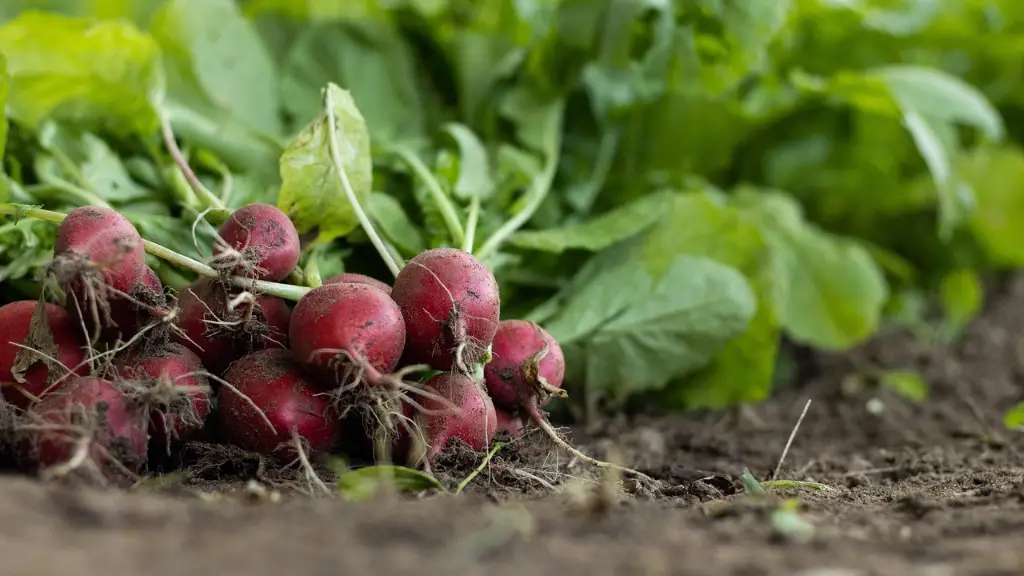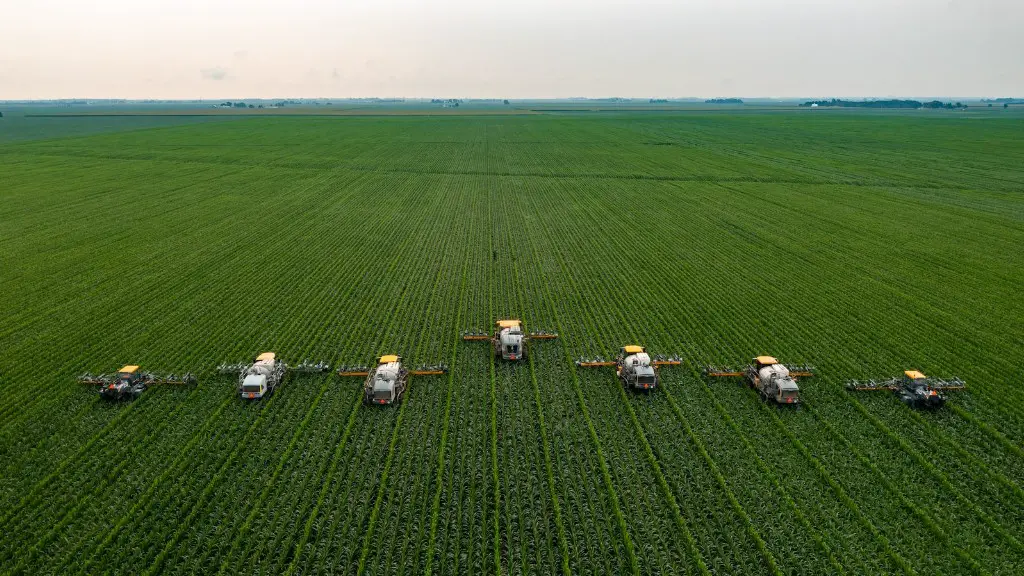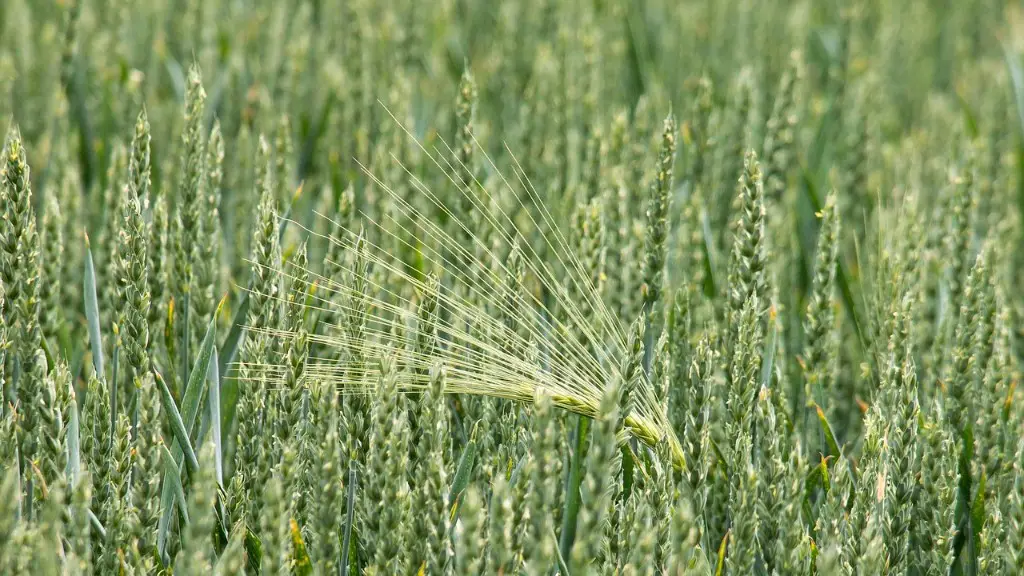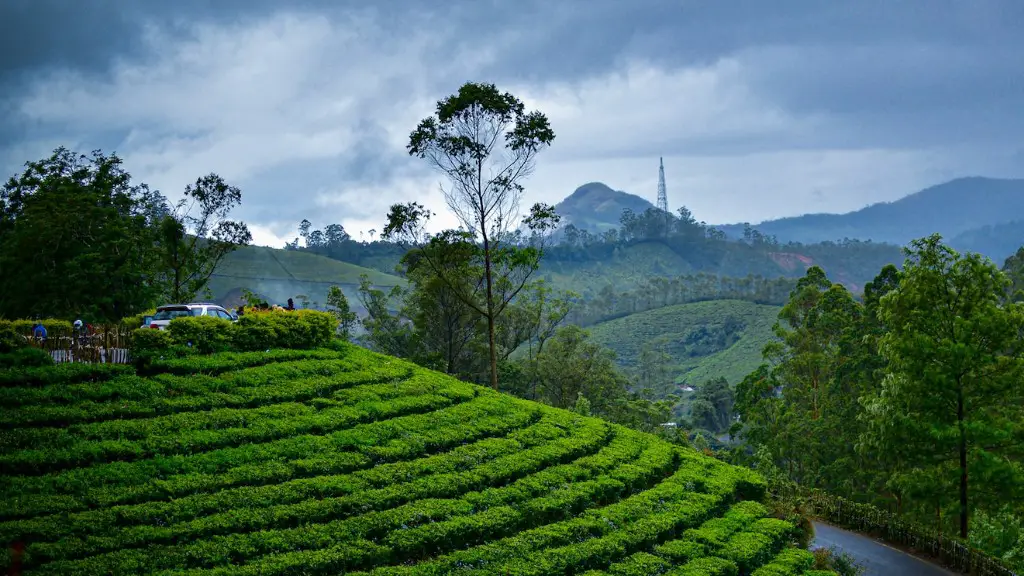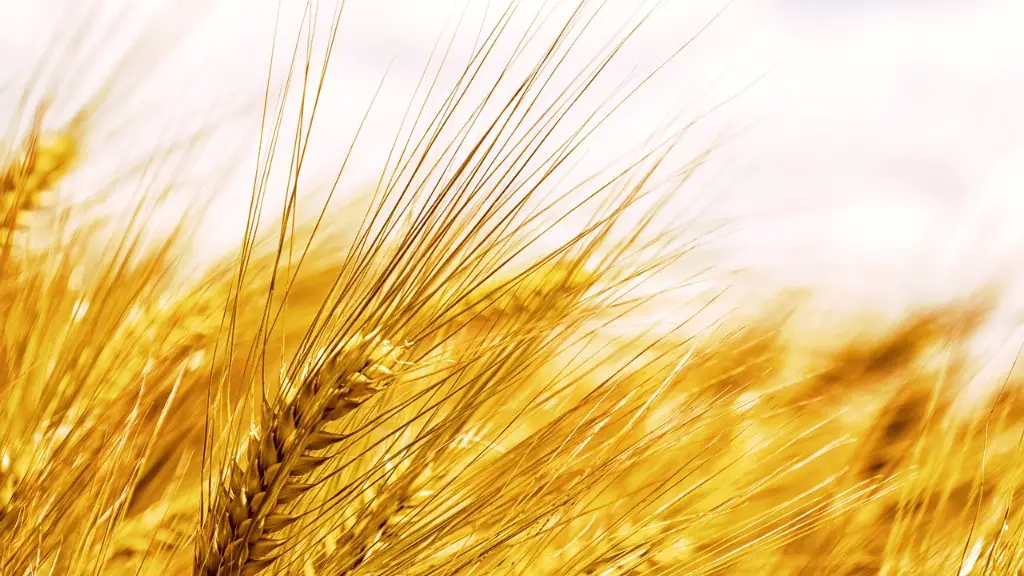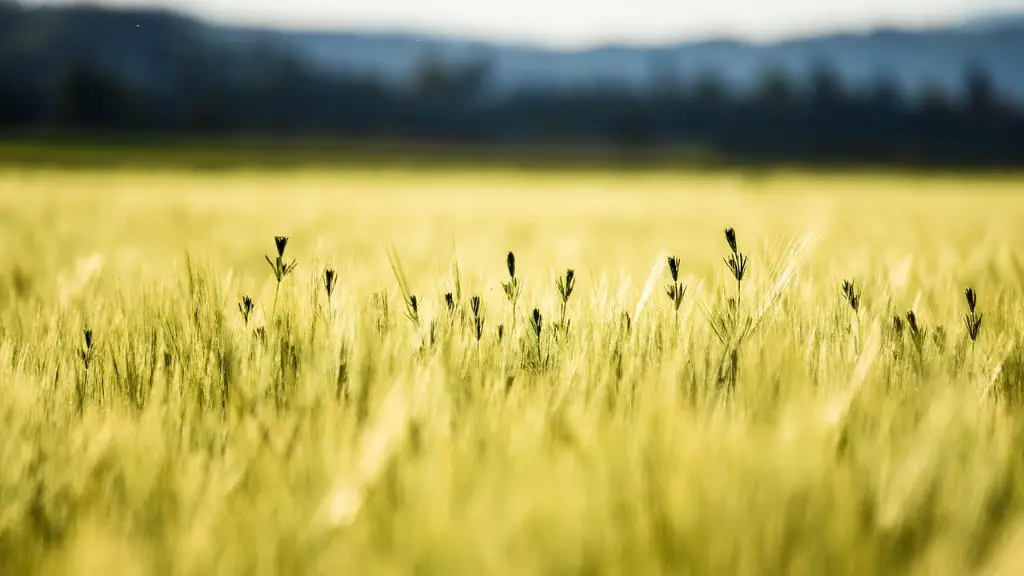Mediterranean agriculture has been the traditional agricultural system for centuries and is seen by many as a key component of economic and cultural sustainability in the region. However, it is highly debated whether it follows an agro-commercial or an agro-subsistence production system. Agro-commercial is defined as the process by which a crop is grown for sale on the market for a profit, while agro-subsistence is considered a traditional process whereby crops are grown for consumption by the producer and his/her family. This essay will analyze the characteristics of Mediterranean agriculture to identify whether it is commercial or subsistence-based.
Firstly, the main difference between mediterranean agriculture and other types of agriculture is its historical background. The agro-ecosystem of the Mediterranean region is far older and complex than most other systems, consisting of a diverse range of small farmers producing a wide variety of crops. This suggests a large subsistence-based, traditional system rather than a modern, commercial one. Moreover, the production systems are highly localized, targeting specific customers and markets, showing little difference between producers and consumers.
Also, the characteristics of Mediterranean agriculture support that it follows an agro-subsistence production system. Due to the large number of small plots and small-scale producers, production is oriented towards the household and not the market, often using traditional and low-tech methods with low profit-making opportunities. Additionally, the lack of access to capital, technology and support provided by governments and institutions make it difficult for farmers to carry out intensive commercial production.
Considering the environment, sustainable farming practices also point towards a subsistence-based system. Mediterranean farmers are often dependent on local resources, such as rainwater and organic fertilizers, which are adapted to the local climate and soil, seeking to minimize environmental damage and take advantage of their natural surroundings. This technique is visible in many sustainable farming practices and articles, such as those described in the first section, suggesting that these methods are more oriented towards a subsistence system than a commercial one.
On the other hand, some evidence indicates that Mediterranean agriculture may have a commercial element. The production system is becoming more and more integrated in the global market as technology and new markets become available, providing options for a more intense and industrialized production method. This is evident in some countries, such as Spain and Greece, that have promoted the modernization of their agricultural sector to access international markets, creating larger farms and taking advantage of new technological advances. This reveals signs of a developing agro-commercial production system.
In conclusion, although Mediterranean agriculture is a complex system and some evidence shows that it has a commercial element, its characteristics suggest that it is still a subsistence-based system. The production is based on small-scale farmers and traditional methods to sustain the family and its surroundings. Therefore, it can be affirmed that Mediterranean agriculture is an agro-subsistence production system.
Environmental Effects of Mediterranean Agriculture
The environmental effects of Mediterranean agriculture are quite serious, with some studies indicating that the type of traditional agricultural practices contributing to the overall degradation of the environment. Common practices, such as overgrazing and soil erosion, lead to a decrease in soil fertility, a threat to water quality, and an increase in greenhouse gas emissions. Moreover, as more land is deforested, the biodiversity of the region is dramatically decreased, leading to a reduction in habitat and bio-diversity.
In an effort to counter this problem, the European Union has implemented some initiatives to support and promote sustainability. These initiatives include subsidies for farmers who undertake agro-ecological practices and encourage the adoption of new technologies and innovations. Additionally, the EU has encouraged farmer collectives which can help manage land, water, and market resources, while promoting local food networks. These efforts have been successful in increasing the sustainable agricultural outputs of the area.
However, there is still much work to be done to ensure the sustainability of Mediterranean agriculture. Many of the initiatives, such as those mentioned above, are not reaching the small-scale farmers or are providing limited or no support for agro-ecological practices. Moreover, as the demand for food continues to increase, so too does the pressure to clear more land for agricultural production, with the potential for this to further exacerbate the sustainability and degradation of the environment.
Finally, the majority of the debate on Mediterranean agriculture remains focused on its economic practices, with little consideration of the environmental effects of its production systems. Further research and discussion is needed to explore how the region can adapt its agricultural practices to balance economic productivity and performance with the preservation of its environment and biodiversity.
Economic Issues of Mediterranean Agriculture
The economic issues of Mediterranean agriculture are a major concern in the region, with many factors contributing to the low incomes of small-scale farmers. These issues include the lack of access to capital and technology, unfair price negotiation between farmers and buyers, difficulty accessing domestic and international markets, and inadequate public policies and subsidies. Moreover, the small-scale operations of farmers in the region make it difficult for them to remain competitive, leading to a lack of technological development and innovations.
The European Union has taken some steps to address these issues, including providing comprehensive research and development programs to help farmers increase productivity, and support for integrated agricultural production systems and organic production. Additionally, the EU has helped increase market value for regional products, through support for certification and traceability schemes, and access to international markets. Despite these measures, however, many of the economic problems of Mediterranean agriculture remain unresolved.
In order to better address the economic issues of Mediterranean agriculture, it is important for policy makers to take into account the various aspects of small-scale farmers that limit the economic viability of the sector. This involves taking into consideration the social, labor, and environmental aspects, as well as the technological innovations needed to increase productivity. Moreover, policy makers must remain aware of the local needs and requirements of small-scale farmers to ensure that any measures taken do not negatively impact their livelihoods.
In addition, it is also important to recognize the value of small-scale farmers in the region and support their rights to access resources and participate in market processes. Finally, acknowledging the unique agro-ecosystem of the Mediterranean region is key in developing comprehensive strategies that take into account both the economic and environmental needs of the region.
The Impact of Globalization on Mediterranean Agriculture
The Mediterranean region is one of the most affected by the phenomenon of globalisation. As the region is increasingly integrated into global capital and trade markets, the traditional agricultural production systems of Mediterranean nations are challenged to remain competitive among large-scale landholders and new technologies. Moreover, the removal of agricultural subsidies and liberalized market policies have led to an increased dependence of small-scale farmers on market forces, resulting in a decrease in market value for the products.
The impacts of globalization on Mediterranean agricultural production are numerous, with some reports suggesting that the agricultural sectors of some countries in the region have declined in value due to its integration into global markets. Furthermore, changes in farming systems have had a negative effect on farm labour and its associated practices, with increased mechanization and industrialization leading to a decline in skilled labour. In addition, as the control of the agricultural sector has shifted from small-scale to large-scale producers, it has resulted in the loss of local traditional knowledge, leading to a decreased diversity of products and breeds.
In order to counter the impacts of globalization, it is important for the Mediterranean region to develop and maintain its competitive advantages. This involves focusing on quality and specialty products, focusing on local markets, and taking advantage of the influx of tourists to the region. Furthermore, support and investment in agro-ecological practices, local knowledge, and innovation are key aspects to ensure the sustainability of the sector and its associated practices, as well as the region’s environment and biodiversity.
It is also important for the Mediterranean region to build strong alliances among small-scale producers, local authorities and economic networks which are in a position to better represent their interests in the global market. Such collaborations can help producers access resources, generate greater market value for their products, and establish better bargaining and negotiating positions with buyers and distributors of their produce.
Political Aspects of Mediterranean Agriculture
The political aspects of Mediterranean agriculture illustrate the complex and often difficult relationship between state and non-state actors in this region. Although governments in the Mediterranean region have often been critical of the slow progress of their agricultural sectors, what has been missing is a comprehensive analysis of how governments and other actors interact in the sector. For example, in spite of the large investments made by the European Union, many of the small-scale farmers in the region have not benefited due to the lack of adequate support and infrastructure.
Moreover, present-day Mediterranean agricultural policies are based on outdated ideas which often overlook the needs of small-scale producers. This is especially true in countries that have traditionally been focused on large-scale operations and have yet to recognize the importance of small-scale producers in the region. Furthermore, scrutiny of the agriculture industry in the Mediterranean has often been lacking, preventing the development of effective strategies and policies.
In an effort to better understand the political dynamics of Mediterranean agriculture, it is important to consider the interaction between farmers, the private sector, and governmental and non-governmental actors. Moreover, the region needs to establish better coordination among policy makers and communities on the ground, to ensure that small-scale producers have better access to resources and opportunities in the sector. Furthermore, improvements in transparency and accountability need to be addressed, as well as better representation of small-scale producers in decision-making processes.
Finally, it is essential to focus on new technologies and innovations which can help improve the productivity, efficiency and sustainability of Mediterranean agriculture. Such measures should be designed with the input of all relevant stakeholders, in order to ensure the potential benefits are realized and the sustainability of the sector is maintained.
